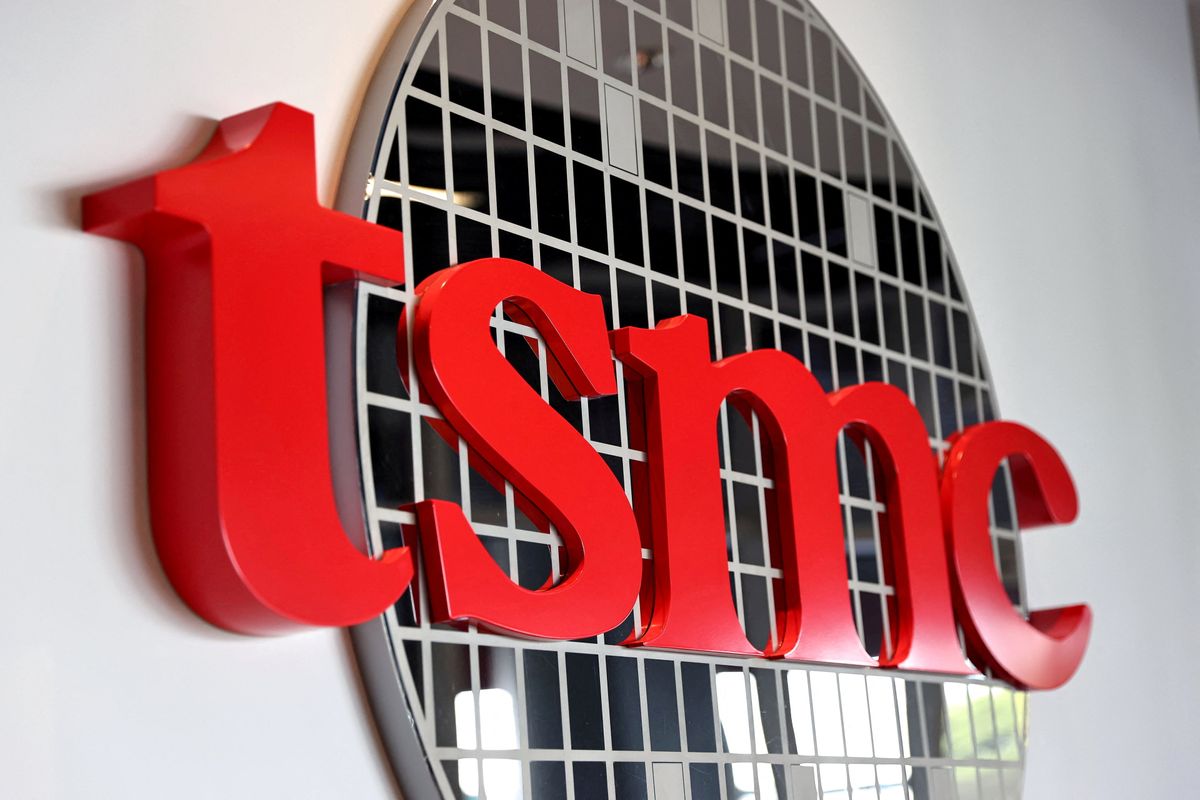Semiconductor giants lag on climate promises, says Greenpeace
TSMC plans to have 40% of its energy from renewable sources by 2030.

A few minutes every morning is all you need.
Stay up to date on the world's Headlines and Human Stories. It's fun, it's factual, it's fluff-free.
The backstory: As you may know, semiconductors are essential in almost everything digital, from smartphones to AI-powered machines to electric cars. But making these little chips isn't exactly eco-friendly because it requires a boatload of energy and resources. In fact, some of these chip giants, like TSMC, consume more energy than entire countries. And electricity consumption is the biggest source of the industry's emissions.
More recently: With this, some semiconductor bigwigs are ramping up their sustainability efforts. For example, TSMC plans to have 40% of its energy from renewable sources by 2030. Samsung wants to meet 100% renewable energy for its facilities outside South Korea by 2027 and inside South Korea by 2050. Both companies have committed to achieving net-zero emissions by 2050.
The development: But now, according to Greenpeace's new report, East Asia's top semiconductor, display manufacturers and assembly companies haven't committed to reducing their carbon footprint enough to align with the UN's goal of limiting global warming to 1.5C.
Greenpeace dug into the electricity consumption of some big players like TSMC, Samsung and SK Hynix. It predicts the semiconductor industry will consume a massive 286 terawatt hours of electricity globally by 2030, which is more than double what it did in 2021 and more than all of Australia in the same year.
Key comments:
"Semiconductor conglomerates like TSMC and Samsung have the resources to invest in renewable energy and even to construct their own distributed wind and solar capacity. Air pollution and emissions from the electronics supply chain are disproportionately concentrated in East Asia. TSMC and Samsung have the sway that is needed to accelerate renewable energy development in the region, but they must commit to achieve 100 percent renewable energy by 2030," said Xueying Wu, Global Tech Project Lead at Greenpeace East Asia.
"Semiconductor manufacturing facilities need to work 24 hours nonstop every day, so a stable power supply is very important," said Roger Sheng, a senior semiconductor analyst at research firm Gartner, to SCMP.
"While its carbon emission number continues to rise, Samsung Electronics had delayed making a clear commitment (on) how to meaningfully reduce carbon emissions. This has been a growing concern for long-term investors," said Yoo-Kyung Park, head of responsible investment and governance for the APAC region at APG Asset Management, a Samsung shareholder.




Comments ()